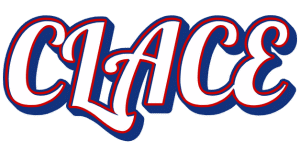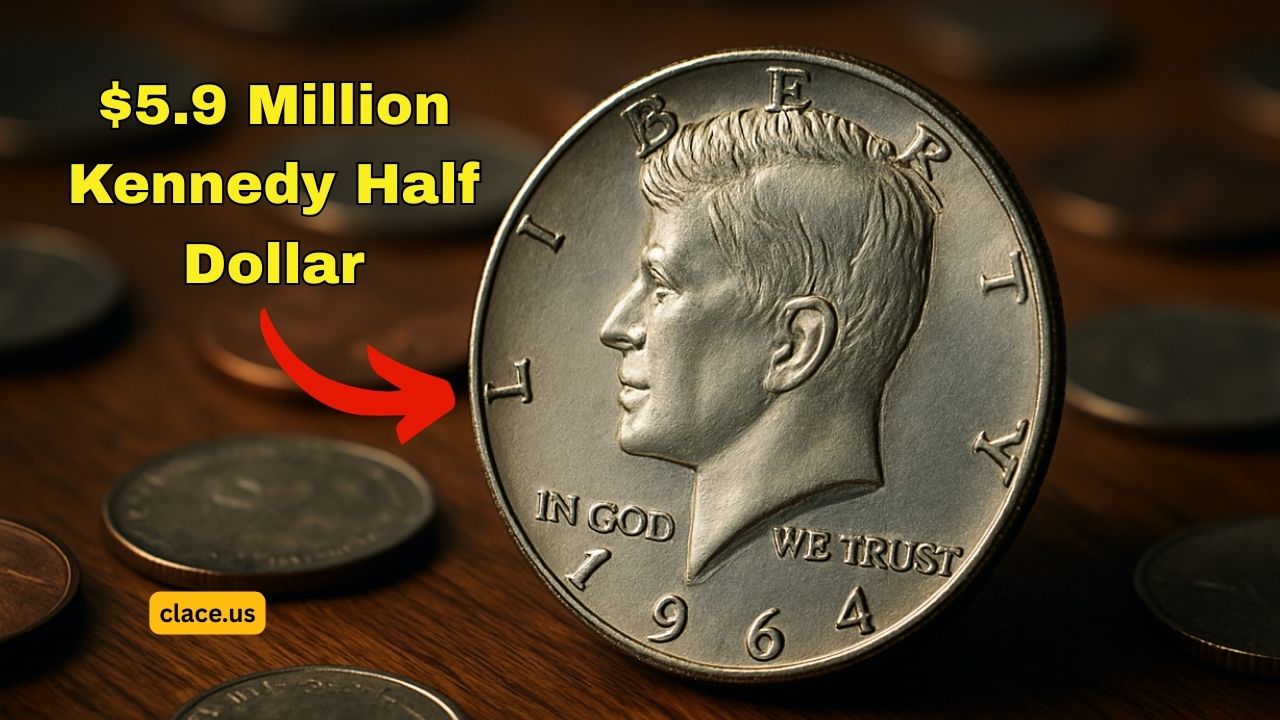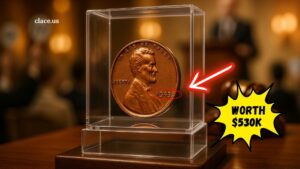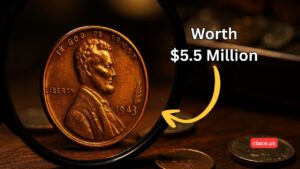$5.9 Million Kennedy Half Dollar Still In Circulation – Check Your Pocket Change
Online rumors claim a “$5.9 million Kennedy Half Dollar” is still floating around in everyday change. It’s a head-turning idea, but is it real?
While that exact figure remains unfounded, a few rare Kennedy half dollars have sold for tens of thousands, with exceptional specimens reaching mid-six figures.
This article breaks down the hype, presents actual record values, offers a clear value comparison table, and shows you exactly how to examine your change—with confidence.
Origins of the $5.9 Million Rumor
- Clickbait headlines love smashing big numbers into coin stories.
- Some niche markets and speculators may inflate values in conversations.
- No authenticated sale of a Kennedy half dollar has ever reached $5.9 million.
In short: while the $5.9 million claim is striking, there’s no verified sale anywhere near that mark.
Actual Auction Records- Real High-Value Kennedy Halves
Here are some verified top-tier sales:
- 1964-D MS68 (Denver Mint, 90% silver)—sold around $32,900. This is the finest certified regular-strike example.
- 1968-S Proof (PF70, 40% silver)—one example fetched $22,325.
- 1964 Accented Hair Proof (PF68)—rare design variety, sold for $19,975.
- 1964 Proof‑70 (Deep Cameo)—some specimens have reached into five-figure prices depending on rarity.
- 1967 Special Mint Set (SMS, MS69)—sold for about $31,200.
Value Comparison
| Kennedy Half Dollar Variety | Why It’s Valuable | Auction Value Range |
|---|---|---|
| 1964-D MS68 (90% silver) | Exceptionally high grade + silver content | ~$32,900 |
| 1968-S PF70 Proof (40% silver) | High grade proof strike | ~$22,325 |
| 1964 Accented Hair Proof (PF68) | Distinct design variant | ~$19,975 |
| 1967 SMS (MS69) | Special Mint Set, cameo contrast | ~$31,200 |
| 1964 Deep Cameo Proof (PF70) | Perfect mint, collector demand | Five figures – price varies |
| Regular circulated halves | Large mintage, common | Under $100 (mostly face value or silver) |
Why Rare Kennedy Halves Can Still Surface
- Many were not circulated extensively, especially proof and SMS issues.
- Some entered savings or collections and later found in coin rolls.
- Wide mintages of common pieces make spotting a rare one still possible.
Even rare varieties sometimes slip into daily use—though it’s very uncommon.
How to Examine Your Kennedy Half Dollars
- Check the date and mint mark—1964, 1968-S, SMS sets, etc.
- Look for mirror-like surfaces (deep cameo or proof finish).
- Inspect detail—e.g., extra hair lines on 1964 proof (Accented Hair).
- Determine silver content—either 90% (1964) or 40% (1965–1970).
- Consider special sets (e.g., SMS or proof)—these rarely circulate.
- Get high-value coins graded by PCGS or NGC for authentication.
Reality vs. Myth- Why $5.9 Million Is Unrealistic
- No credible historical sale reaches that figure.
- High-grade rare Kennedy halves cap at around $33,000, not millions.
- Sensational values drive clicks, but the tangible market remains well below six-figure territory—especially from shared auction data.
While the tale of a $5.9 million Kennedy Half Dollar is more fantasy than fact, the coin collecting world still holds fascinating real value. High-grade specimens—like the 1964-D MS68 or SMS proofs—genuinely sell for tens of thousands of dollars. That’s serious money.
So next time you spot a Kennedy half-dollar, don’t dismiss it. Examine the details, consider silver versions or proof editions, and if something stands out—get it graded. You might uncover a real treasure… even if it isn’t the mythical millions.
FAQs
No—there’s no verified sale or auction listing supporting that figure. It remains speculation.
Top records include about $32,900 for a 1964-D MS68 and around $31,200 for a 1967 SMS MS69.
Check mint mark, finish (proof/cameo), silver content, and condition. For high value suspects, get professional grading.




